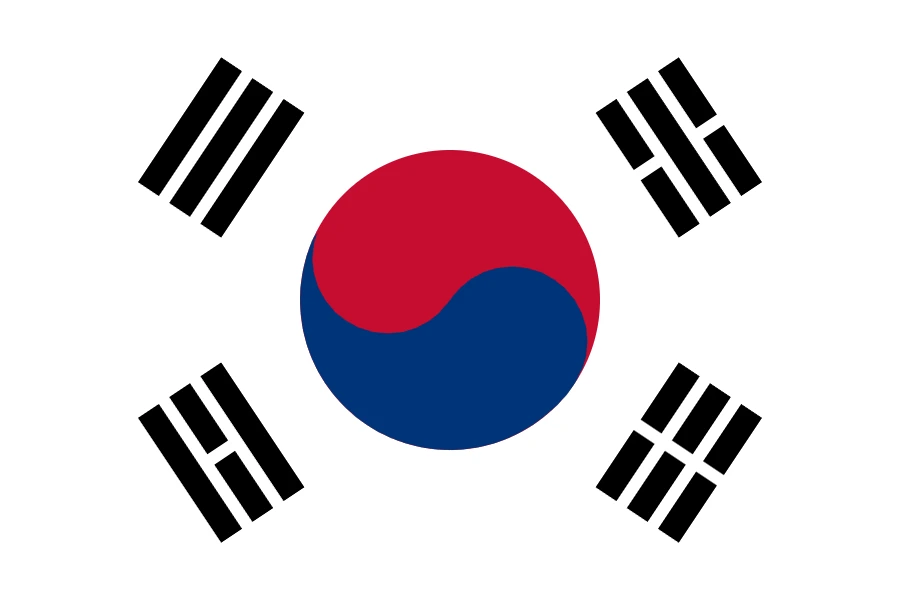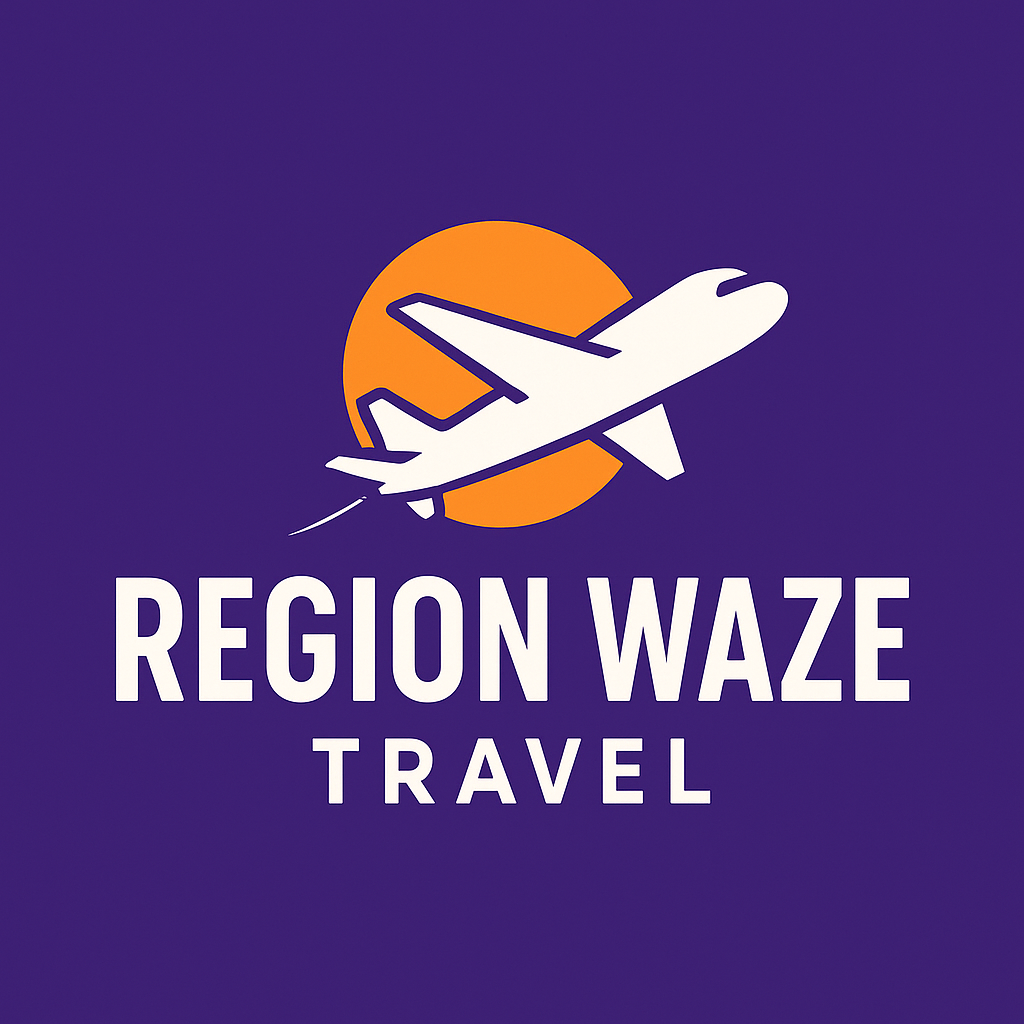South Korea Travel Guide
Discover Why You Should Visit South Korea
Why Visit South Korea?
South Korea offers a dynamic blend of modern innovation and deep-rooted tradition. With world-class cities, ancient palaces, scenic mountains, and vibrant pop culture, it is one of Asia’s most exciting travel destinations.
From Seoul’s high-tech skyline to the tranquil temples of Gyeongju and the natural beauty of Jeju Island, South Korea is perfect for travelers seeking both adventure and cultural enrichment.
Ideal for: Culture lovers, tech enthusiasts, foodies, history buffs, and nature seekers.
Must-Know Facts
Capital/Major City: Seoul
Language(s): Korean
Currency: South Korean Won (KRW)
Best Time to Visit: March to May and September to November for mild weather and seasonal beauty
Fun Fact: South Korea has one of the fastest internet connections in the world and is a leader in digital innovation
Top Things to Do
Explore historic palaces and shopping districts in Seoul
Hike in the Seoraksan and Bukhansan National Parks
Visit the ancient capital of Gyeongju for temples and royal tombs
Experience K-pop culture, themed cafes, and high-speed rail travel
Relax on the beaches or explore volcanic landscapes on Jeju Island
Local Culture & Lifestyle
South Korean culture is influenced by Confucian values, emphasizing respect, family, and education. Modern Korean society is also shaped by rapid economic development and global cultural exports like K-pop and Korean dramas.
Traditional practices such as ancestral rites, hanbok clothing, and Korean calligraphy are still preserved alongside futuristic trends.
Etiquette, appearance, and community harmony are highly valued.
Food & Drink Highlights
Street Food: Tteokbokki (spicy rice cakes), hotteok (sweet pancakes), odeng (fish cake), kimbap
Restaurants: Serve bulgogi, bibimbap, kimchi stew, and Korean BBQ
Drinks: Soju, makgeolli (rice wine), barley tea, banana milk
Desserts: Bingsu (shaved ice), rice cakes, Korean donuts
Main Dish & Culinary Symbols
Signature Dish: Bibimbap, a colorful rice bowl topped with vegetables, meat, egg, and spicy gochujang sauce
Common Ingredients: Kimchi, sesame oil, garlic, soybean paste, seaweed, rice
Culinary Culture: Meals are communal, served with many side dishes called banchan, and balanced in taste and texture
Symbols & Icons of the Area
Natural Icons: Jeju Island, Seoraksan Mountains, cherry blossoms in spring
Cultural Icons: Hanbok attire, Korean script (Hangul), Buddhist temples, K-pop idols
Hidden Gems & Off-the-Beaten-Path
Andong for traditional culture and Hahoe Folk Village
Boseong Green Tea Fields for scenic landscapes and tea tasting
Tongyeong and Geoje for coastal towns and island views
Jirisan National Park for multi-day hiking and mountain temples
Shopping & Souvenirs
What to Buy: K-beauty products, traditional crafts, tea sets, snacks, K-pop merchandise
Where to Shop: Myeongdong in Seoul, Dongdaemun Market, Insadong for arts and antiques, Hongdae for fashion
Getting Around
Public Transport: Extensive metro and bus systems in cities
Trains: High-speed KTX connects major cities quickly and comfortably
Intercity Buses: Affordable and widely available
Taxis and Apps: Safe and accessible, with translation features for tourists
Travel Tips
Respect local customs, including removing shoes in homes and some traditional restaurants
Public trash bins can be scarce, so carry a small bag for your trash
Tipping is not customary but appreciated in some tourist services
Use a T-money card for convenience on public transport
Where to Stay
Budget: Guesthouses and hostels in Seoul and other cities
Mid-range: Modern hotels and boutique stays near tourist areas
Luxury: International hotel chains, spas, and upscale resorts in Seoul and Jeju
Unique: Hanok stays in traditional Korean houses and temple lodging experiences
Sample 4-Day Itinerary
Day 1: Arrive in Seoul, visit Gyeongbokgung Palace, Bukchon Hanok Village, and try Korean BBQ
Day 2: Explore shopping in Myeongdong, take in city views from N Seoul Tower, and enjoy night markets
Day 3: Take a day trip to the DMZ or Suwon Fortress, or fly to Jeju Island for natural exploration
Day 4: Visit a traditional market or enjoy a Korean spa (jjimjilbang) before departure



0 Comments